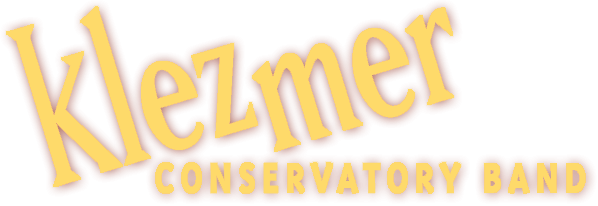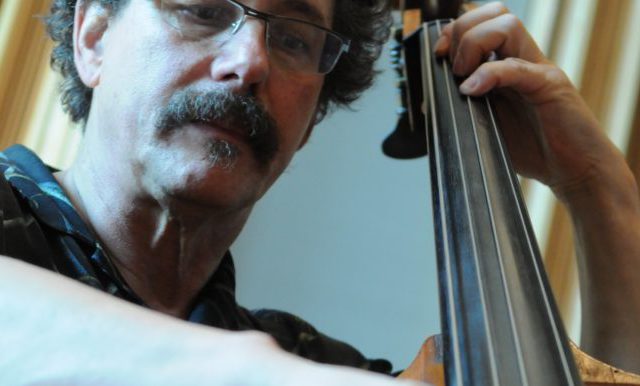In February of 1980 I was a scuffling bass player in Boston, scooping ice cream and selling brownies at the original Rosie’s bakery in Inman Square when I ran into Hankus Netsky, who was with a mutual friend. I had actually met Hankus once before, while I was subbing in the Boston version of Jackie Byard’s Apollo Stompers; he had stopped in at the gig to hear the band play his arrangement of jazz trumpet great Lee Morgan’s “Boy, What A Night.”
As we stood on the sidewalk in front of Rosie’s, Hankus asked what I was up to and then inquired about whether I would be interested in playing Jewish music. He said he was looking for a bass player to play a few klezmer tunes with a student ensemble as part of a Jewish music concert at the New England Conservatory (NEC). His offer was intriguing. I was taking odd jobs to get by between gigs and, besides, Hankus already had quite a reputation. Musicians I knew & respected were quite proud that they had played as part of his Master’s Recital.
I picked up a couple of cassette tapes of repertoire, learned the bass parts for the tunes we were going to play, made it to one rehearsal and, at the end of a three hour concert of cantorial music, classical music written by Jewish composers, Yemenite tunes, Sephardic songs and more, we played our short set of klezmer tunes. The audience, which had been quite polite throughout this Sunday afternoon concert in the dead of winter, went nuts. Audience members came up to talk about the music they hadn’t heard for years, to tell us about how their parents and grandparents spoke Yiddish at home and listened to klezmer music. They asked us to play at bar mitzvahs and weddings and to present concerts at their synagogues. Before we left the room, had several real offers of gigs—and a repertoire of maybe six songs.
What became the Klezmer Conservatory Band started rehearsing on Monday nights, and I was thrown in to the most intense research and rehearsal experience I had ever experienced. We transcribed original recordings and engaged in lively debates we as adapted the arrangements on the early klezmer recordings to our instrumentation.
It was the beginning of a decades long journey of exploring klezmer and related musical genres, of traveling around town and around the world to present the music and of becoming part of an ever growing community of musicians and performing artists interested in exploring ethnic music and sharing musical discoveries.

